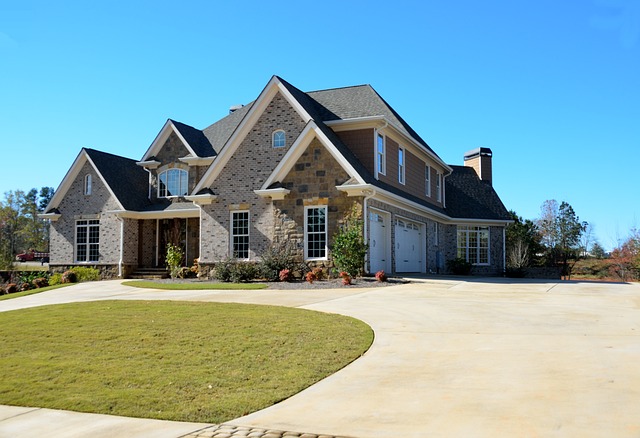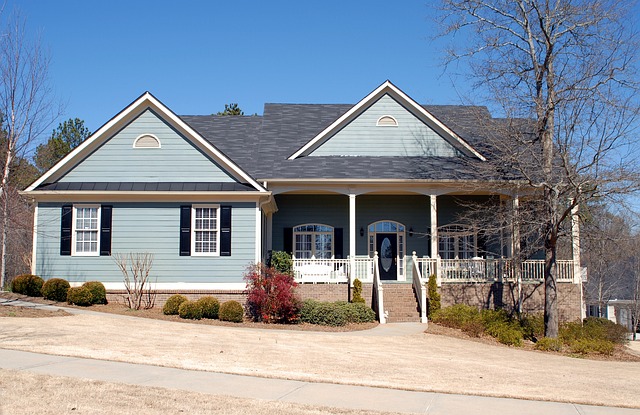Understanding ABSD Singapore's rules for second properties is vital for investors and developers aiming to navigate this market successfully. The uniform Automatic Land and Building Tax applies to primary and secondary residences, with specific regulations determining tax exemptions based on property type, use, and ownership structure. Compliance involves consulting legal professionals, adhering to zoning and development rules, maintaining thorough documentation, and proactively following legal steps to unlock benefits like enhanced property value, improved tenant retention, and a strong market reputation.
Navigating the legal landscape of ABSD Singapore’s 2nd Property is crucial for investors. This comprehensive guide delves into the essential understanding of legal requirements, offering a step-by-step approach to ensure compliance. From defining key terms to deciphering regulations, we explore how to avoid penalties and maximize benefits. By adhering to these practices, individuals can confidently navigate this complex environment, ensuring their investments align with Singapore’s legal framework.
- Understanding Legal Requirements for ABSD Singapore's Second Property
- Key Steps to Ensure Compliance and Potential Benefits
Understanding Legal Requirements for ABSD Singapore's Second Property
Understanding the legal requirements for ABSD Singapore’s second property is crucial for any investor or developer navigating this market. The Automatic Land and Building Tax (ABSD) applies to both primary residences and secondary properties, ensuring fair taxation on property ownership. In the context of a second property, it’s essential to comprehend the specific regulations that dictate eligibility for tax exemptions or concessions. These rules vary based on factors like property type, use, and ownership structure.
For instance, ABSD rates differ for residential, commercial, and industrial properties. Owning a second home typically falls under the residential category, but certain conditions must be met to qualify for reduced rates or exemptions. Investors should also be aware of the ‘main residence’ rule, which determines the primary property for tax purposes. This understanding is vital to ensure compliance and optimize tax benefits when acquiring or managing a second property in Singapore.
Key Steps to Ensure Compliance and Potential Benefits
Navigating legal compliance for your ABSD Singapore 2nd Property investment is a crucial step to ensure smooth sailing throughout the process. Firstly, understand and familiarize yourself with the relevant laws and regulations specific to ABSD properties in Singapore. This involves researching and consulting with legal professionals who can guide you through the intricacies of ownership, zoning, and development restrictions.
Secondly, ensure thorough documentation and record-keeping. Proper maintenance of contracts, permits, and licenses is vital to demonstrate compliance and avoid potential penalties or legal issues. By proactively following these key steps, investors can not only mitigate risks but also unlock significant benefits. These include enhanced property value, improved tenant retention due to legal certainty, and a robust reputation in the real estate market, solidifying your position as a responsible and compliant ABSD Singapore 2nd Property owner.
Navigating the legal requirements for an ABSD Singapore 2nd Property can seem daunting, but understanding these steps is crucial. By adhering to key compliance measures, individuals and businesses can unlock significant benefits, ensuring a seamless process. Remember that staying informed and taking proactive steps are essential to a successful investment journey in the vibrant real estate landscape of Singapore.



